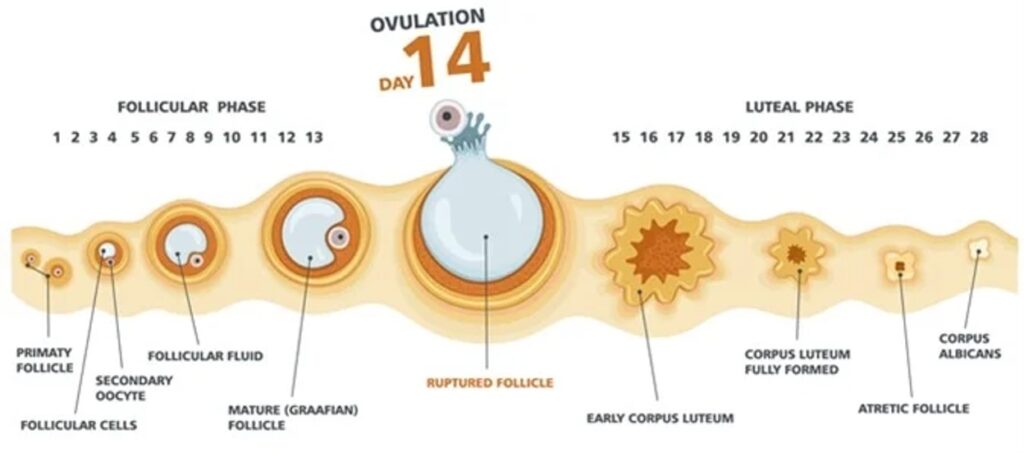Polycystic Ovarian Disease/Syndrome
Polycystic Ovarian Syndrome (PCOS) is a common hormonal disorder affecting women of reproductive age. It is characterized by hormonal imbalances, ovarian dysfunction, and various symptoms such as irregular menstrual cycles, ovarian cysts, infertility, weight gain, and acne. PCOS can have long-term health implications, including an increased risk of diabetes, obesity, and heart diseases. Understanding the complexities of PCOS is crucial for effective management and treatment. This article delves into the causes, symptoms, and potential risks associated with PCOS. It explores the physiological aspects of the condition, such as the impact on ovulation and hormone production. Additionally, it highlights the role of homeopathic treatment in addressing PCOS symptoms and restoring hormonal balance. By gaining insight into PCOS, individuals can take proactive steps towards managing their health and well-being.

